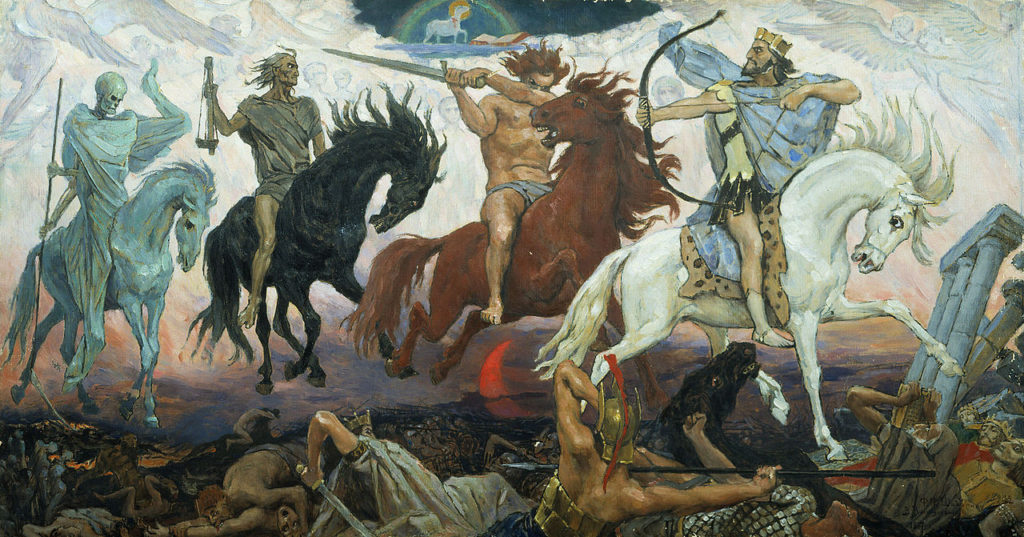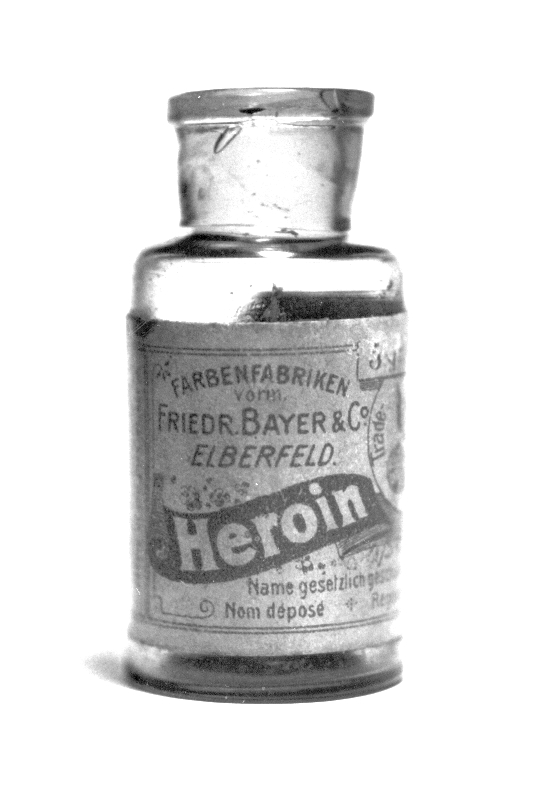Irresolvable Negotiable Differences of our Culture Wars
Marriage/relationship researcher John Gottman has provided us with a stunning statistic:
"69% of relationship conflict is about perpetual problems. All couples have them — these problems are grounded in the fundamental differences that any two people face. They are either fundamental differences in your personalities that repeatedly create conflict, or fundamental differences in your lifestyle needs.In our research, we concluded that instead of solving their perpetual problems, what seems to be important is whether or not a couple can establish a dialogue about them."
Gottman's research reminds me of the our nation's cultural divide; apparently, we can no longer talk with those we perceive to be different. I don't think we differ from each other nearly as much as the mass media suggests. That said, it seems to me that Gottman's suggested strategies for keeping individual relationships happy and functional are relevant to what we need to do on a national level.

We have forgotten how to talk respectfully to one another, avoiding Gottman's "four horsemen," criticism, contempt, stonewalling, and defensiveness. We have forgotten that being in any functional relationship takes hard work and compromise. I believe that this difficult work has become logarithmically more difficult for two basic reasons: A) tribal ideologies running rampant and B) corporate money gushing through the political system. These two things distort the issues, cause us to create crude cartoons of one another, and permeate the national conversation with fear and loathing of each other.
Barking at each other never brings us any progress. We've seen that for years already. It will take lot of work, soul searching, and looking in the mirror to become more functional on a national level. It will take an act of faith that we can get along if only we worked harder to be civil. This is perhaps too much to ask in an age of widespread magic thinking and diminished attention spans.


